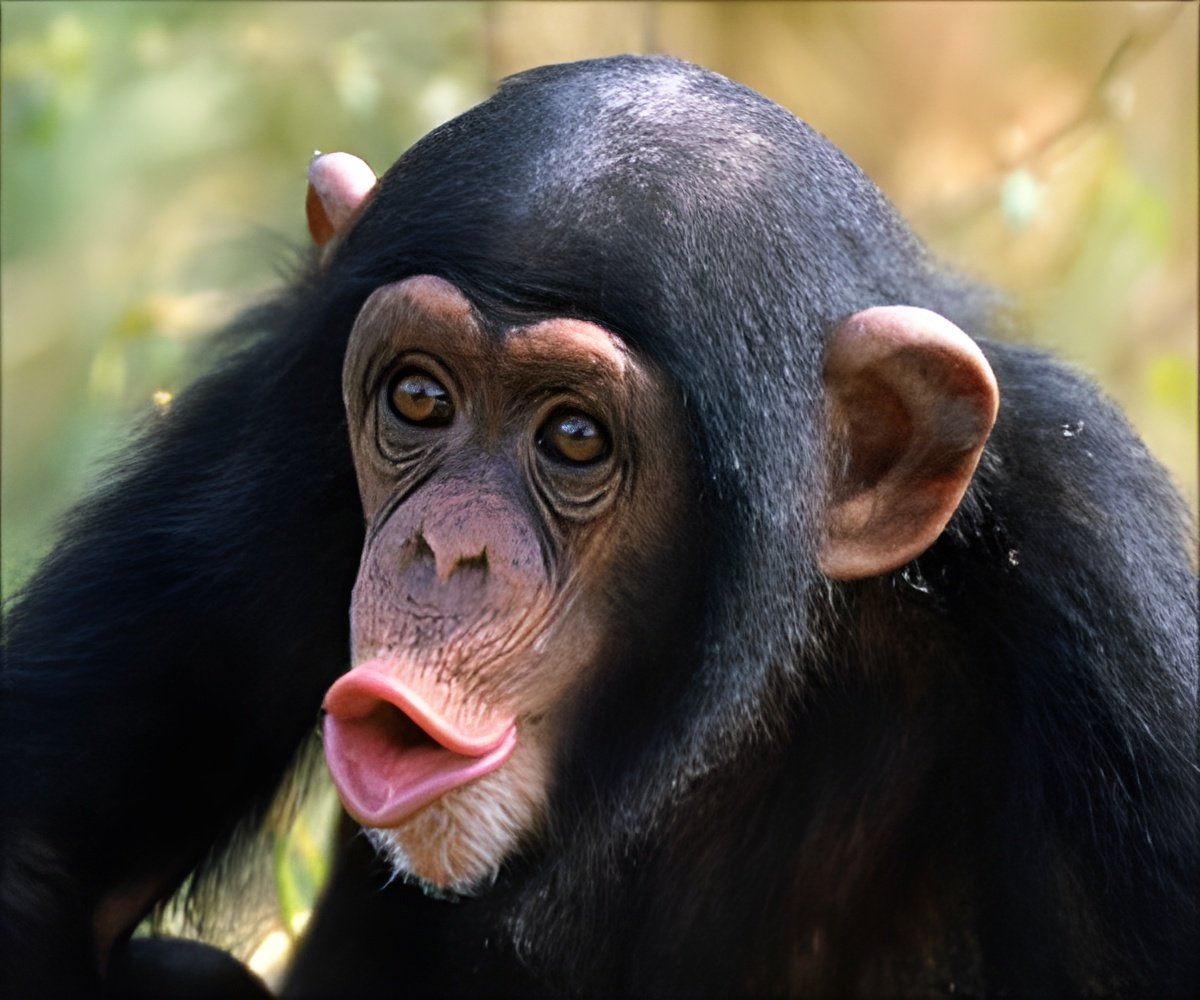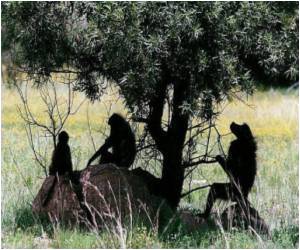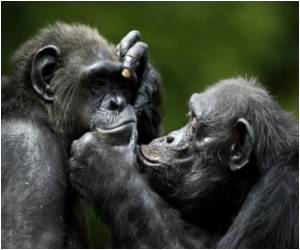If chimpanzees visualized the prospect of getting a cooked slice of sweet potato a bit later, they would give up a raw slice of sweet potato in their hand.

The research grew out of the idea that cooking itself may have driven changes in human evolution. This hypothesis has been put forth by Richard Wrangham, an anthropologist at Harvard and several colleagues about 15 years ago in an article in Current Anthropology, and more recently in his book, ’Catching Fire: How Cooking Made Us Human.’
Wrangham said, "Cooking may have begun something like two million years ago, even though hard evidence only dates back about one million years. For that to be true, some early ancestors, perhaps not much more advanced than chimps, had to grasp the whole concept of transforming raw into cooked."
Initially, the scientists were wary of giving chimps access to real cooking devices. Then, they came up with a method of using two plastic bowls fitted closely together with pre-cooked food hidden in the bottom tub. When a chimpanzee placed a raw sweet potato slice into the device, a researcher shook it, then lifted the top tub out to offer the chimp an identical cooked slice of sweet potato, which the mammal accepted readily. The chimps showed several indications that, given a real cooking opportunity, they had the ability to take advantage of it.
Dr. Rosati said, "Not only did the chimps have the patience for cooking, but that they had the minimal causal understanding they would need to make the leap to cooking."
The findings are published in the Proceedings of the Royal Society B.
Advertisement















